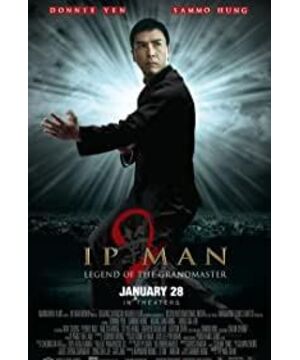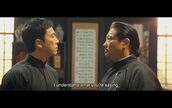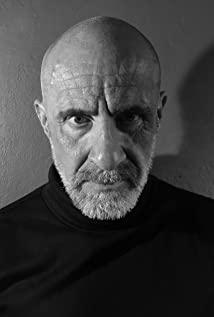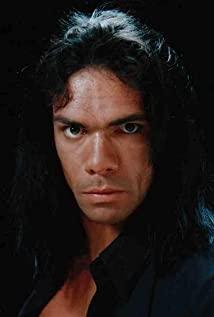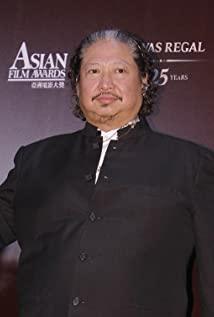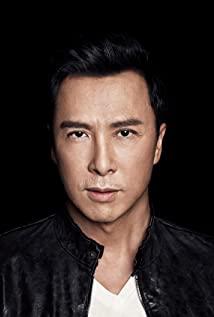"Ip Man 2" is a commercial film that mixes nationalist and post-colonial mentality. Nationalism is an important factor in capturing the attention of Hong Kong people, and it is also a powerful weapon for entering the mainland, so it has also become a means of making money for movies. Moreover, the story of Ye Wen is used, and there is a fight scene that everyone likes to watch. It can be said that everyone is happy. How to combine the main theme with commercial operation, and how to make it look good, so as not to make people feel dull, compare "Ip Man 2" and the recent "Dongfeng Rain", the positive and negative teaching materials are all complete.
I'm not at all worried that the director will turn nationalism into populism, but I didn't expect the nationalism in the film to be completely swallowed up by the post-colonial mentality. At this point, "Ip Man 2" is obviously much worse than "October Siege" a while ago.
Those who want to come to Hong Kong have mixed feelings about the period of the British Hong Kong government: it was the most corrupt and humiliating era, but it was also the era of economic take-off and the most critical era. Hong Kong will never forget the dazzling fireworks over Victoria Harbour on the Queen's birthday every year. Pain and happiness. They felt that the era was not good, but they couldn't tolerate outsiders' opinions on that era.
The highlight of "Ip Man 2" is the two "Huayang Boxing Competitions". Master Hong was defeated by Tornado, and Ip Man represented Chinese martial arts and finally defeated Tornado. This is a typical nationalist narrative style: ignorance - humiliation - awakening - snow shame. But the paradox is that the revival of national pride has been completely incorporated into the British system: the British rules of the game, the seemingly fair British boxing referee, the control of the British Hong Kong government from beginning to end... The so-called "colonial shame", In the end, it was reduced to the "personal mistakes" of the British police officers: Fat Bo reflected the "incompetence" of the police officers to the superiors (British people), so it was precisely the Hong Kong British government, the initiator of the colonization, that made the whole incident "clear".
The complex attitude towards the British colonial government is highlighted in Ye Wen's last remarks: the status of people may be divided into high and low, but there is no distinction between high and low personalities. This sentence is a little awkward for mainlanders, because we have "equal status and different division of labor". It can be said that Hong Kong people are much smarter than us in terms of understanding of class. But as far as the matter is concerned, the two sides in Ye Wen's so-called "high and low, equal personalities" obviously refer to Hong Kong people and British people. Given the circumstances at the time, it is self-evident that who has a higher status and who has a lower status. The essence of this seemingly exciting remark is: our status is lower than yours, we recognize it, but as long as you respect us and make us dignified, then the rest is fine.
Everyone is a part-time job, and peace is the most precious thing. Hong Kong is a highly commercialized city, and this competition involving national honor and disgrace is in fact a commercial operation: all parties involved in the competition make money (or should have made money), and there are exaggerated hosts. There is a live broadcast...a short film that deeply reflects the thoughts of Hong Kong people.
They are really proud of being Chinese, but they can't imagine what a Hong Kong that hasn't lived through colonial times has become. Master Hong died for the sake of Chinese integrity. His death made people feel indignation and blood boiling, but all the national loyalty seems to stop there: what to say about the next story? To scold the British Hong Kong government? No, the people of Hong Kong cannot accept it; a peaceful solution? No, the people of Hong Kong can't accept it either - so give a compromise: the boxing champion and the police officer should be damned, not anyone else.
The reality and contradictions of Hong Kong, the unforgettable pain and unforgettable pride of Hong Kong, the past that Hong Kong tries to remember and the future that Hong Kong tries to catch up with.
When Hong Kong meets nationalism, when nationalism meets Hong Kong.
View more about Ip Man 2 reviews


